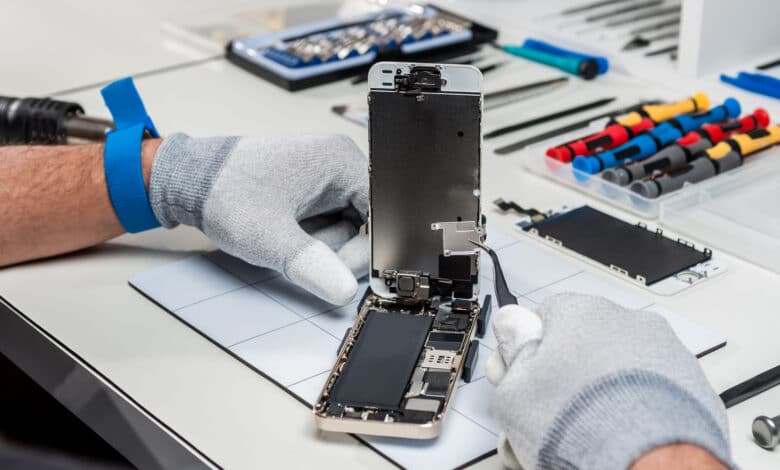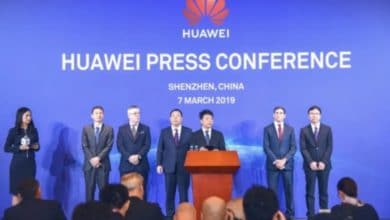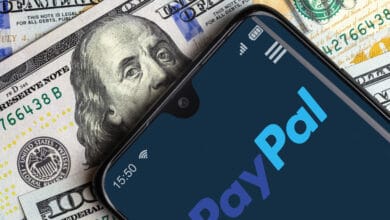
In the US state of New York, a law was passed for the first time that obliges manufacturers of electrical appliances to support repair. Henceforth, the relevant companies must ensure access to spare parts and repair instructions.
Valid for all companies trading in New York State
The Digital Fair Repair Act affects all businesses that sell electronic devices in New York State. Within this effective area of the law, they will be required to provide repairs by customers as well as independent repair shops. Specifically, this involves the provision of special tools, spare parts and repair instructions.
The law, which is to take effect next year and must first be signed by the governor, implements the interests of private individuals and independent repair shops, which have been campaigning for such a right to repair for years. Many companies still make it impossible or hinder the repair of their devices. Apple and John Deere have attracted particularly negative attention in this regard. For a long time, anyone who wanted to have an iPhone repaired had to go to an Apple store or an Apple-authorized repair shop – which meant additional revenue for Apple and additional costs for consumers. Only recently has Apple also made it possible for repair work to be carried out by independent workshops and has made repair instructions available to private individuals in the USA. Meanwhile, John Deere, a manufacturer of agricultural machinery, has stipulated that certain models may only be repaired by authorized repair shops – with the same result as Apple.
More competition, more sustainability, lower costs
The demands for a right to repair are justified in different ways. U.S. President Joe Biden, who is also in favor of such a right, sees it primarily as a way of strengthening competition between companies – with assumed positive effects on the overall economic situation and thus ultimately also on private individuals. Other initiatives take a direct approach at this level in their justification and call for a right to repair in order to avert additional burdens on consumers. In addition, there are sustainability arguments, such as the fact that disproportionately high repair costs in licensed workshops encourage consumers to buy a new appliance instead of repairing the old one. This, in turn, consumes resources and cements economic power relations – and is thus sustainable neither on an ecological nor on a socio-economic level.
Signal effect for other regions?
The law applies only in the U.S. state of New York. Advocates are nevertheless betting that it can have an impact well beyond the borders of that state. Kyle Wiens, CEO of the repair site iFixit, for example, points out that restricting the law to the state of New York would involve an enormous amount of work for the companies, which would hardly be worth it: it would be more costly to create a website with documentation only for New York than to simply make these instructions public.
Furthermore, several other US states are already working on corresponding laws. The EU Parliament is also discussing a right to repair. New York is therefore likely to play a pioneering role as part of a larger movement.



